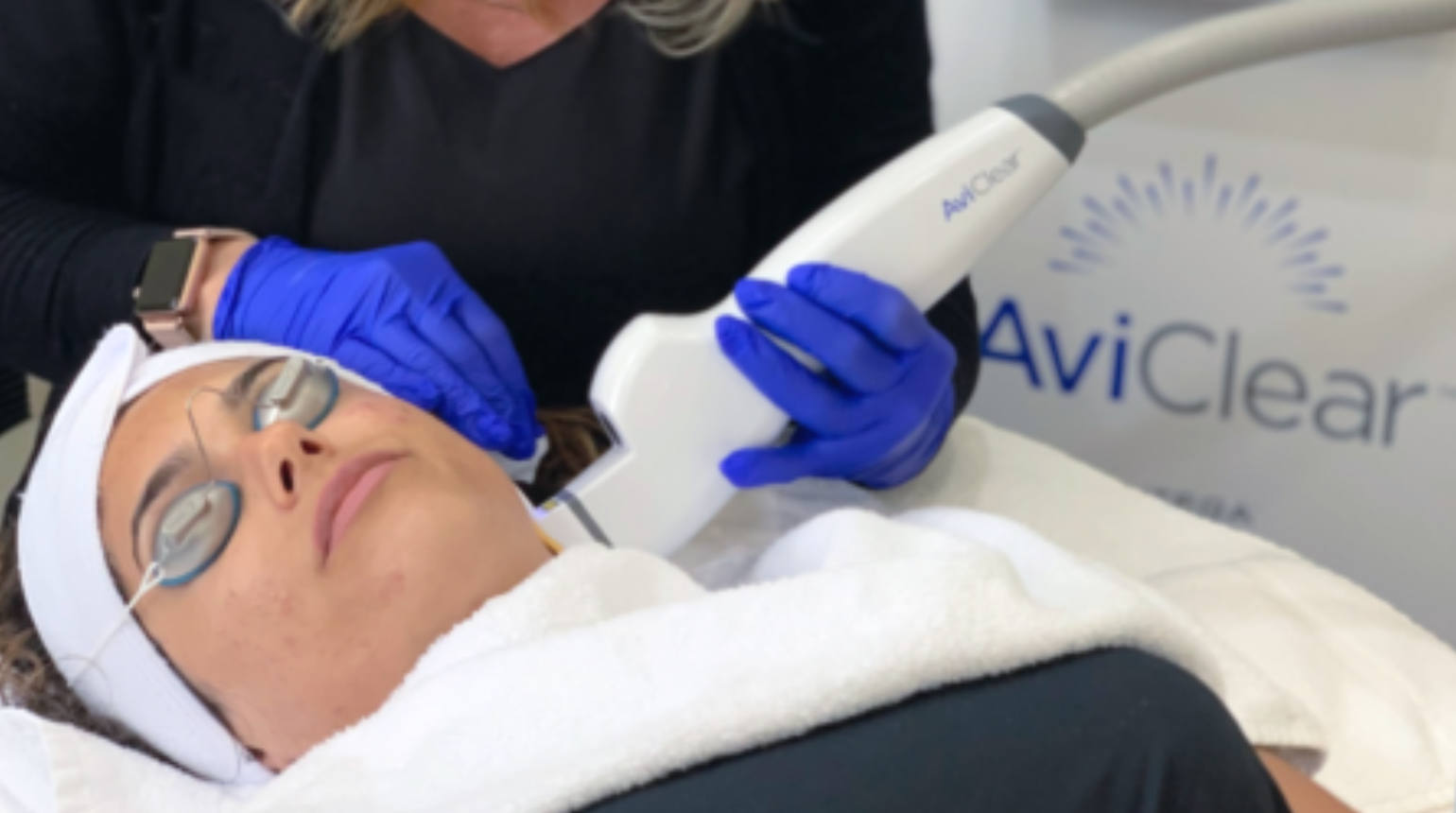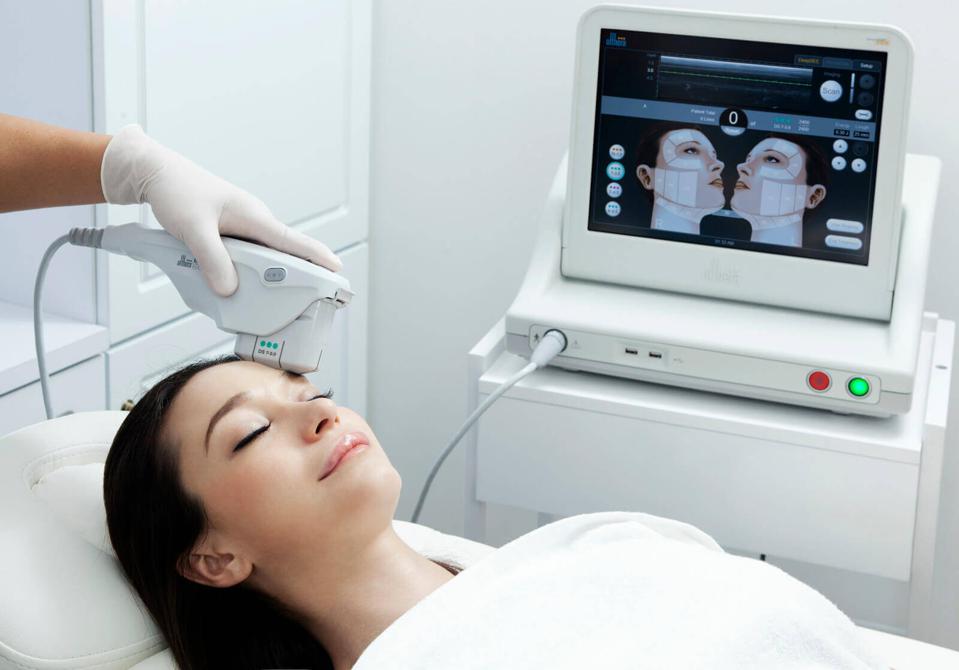Understanding the Impact of Body Image on Women’s Sexual Satisfaction
Sexual health is a crucial aspect of overall well-being that deserves open and honest discussion, yet it often remains a taboo subject, especially when it comes to older middle-aged women. As women transition through menopause, their bodies undergo significant changes, raising questions about how these changes affect their sexual function and satisfaction.
Research has shed light on the complex relationship between body image and sexual satisfaction during midlife. Weight gain and alterations in breast shape are commonly reported among menopausal women. These changes can have profound effects on sexual health impacting their sense of attractiveness and confidence.
A study examining the impact of high body esteem on sexual satisfaction found significant correlations between various body image variables and sexual functioning. Utilizing measures such as the Body Esteem Scale and the Cognitive Distractions During Sexual Activity Scale, alongside Body Mass Index and a modified Female Sexual Function Index, the study revealed positive relationships between sexual satisfaction and factors like sexual attractiveness, weight concern, physical condition, and frequency of appearance-based distracting thoughts during sexual activity. Remarkably, high body esteem emerged as a significant predictor of sexual satisfaction, even after adjusting for sexual functioning status. These findings underline the importance of addressing specific elements of body image in interventions aimed at improving sexual satisfaction among women.
The Difference Between Sexual Desire & Sexual Arousal
Feeling hungry for food, but for sex instead, is a common analogy used to describe fluctuations in women’s desire, influenced by various factors like age, health, relationships, and life circumstances. For instance, women may experience changes in desire during menopause, while relationship issues can dampen libido. Unlike men who often use sex to relieve stress, women may seek emotional closeness and affection through sensual contact, which can ignite desire.
On the other hand, sexual arousal refers to the physical response to sexual stimuli, involving physiological changes such as increased blood flow to the genitals or erection in men. This increased blood flow to the clitoris is crucial for achieving orgasm. Arousal feels good and leads to subjective arousal, the emotional aspect of feeling turned on.
Problems with arousal can involve either physical or subjective arousal, and they can occur separately. Despite their close relationship, sexual desire and arousal are distinct. Arousal issues can stem from desire problems and vice versa, underscoring the importance of addressing both aspects for a fulfilling sexual experience.
How to Address Sexual Dysfunction
To address sexual dysfunction, it’s essential to analyze factors that may affect your ability to reach climax. Are distractions hindering your focus? Is discomfort related to body image impacting your experience? Are there physical discomfort or pain during sexual activity? Identifying and understanding these factors is crucial in finding solutions to enhance sexual satisfaction.
It’s essential for women to feel comfortable discussing issues related to sex and intimacy, including any concerns or changes they may be experiencing.
At Anti-Aging, we also emphasize the importance of addressing menopause-related symptoms that may interfere with sexual activity. Many women and their partners may overlook the connection between physical or subjective arousal, failing to recognize how menopausal symptoms can impact body image, leading to negative effects on sexual health. By engaging in proactive discussions, women can explore potential treatment options tailored to their needs and goals.
How can we address this issue
To address sexual health concerns in women, various treatments and therapies can be employed, each with its unique approach to enhancing overall satisfaction:
Preventative Health Assessment: While this assessment helps uncover underlying health issues, it also empowers women to take proactive steps towards their sexual health. Understanding potential health concerns not only ensures early detection but also promotes a sense of control and confidence in managing one’s well-being.
Hormone Therapy: By rebalancing hormonal levels, hormone therapy not only directly impacts sexual health but also contributes to overall physical and emotional well-being. Achieving hormonal balance can alleviate symptoms such as low libido and vaginal dryness, thus enhancing sexual satisfaction and intimacy.
Weight Management Program: While the primary focus of a weight management program is achieving a healthy weight, it also addresses body esteem issues that may affect sexual confidence. As women reach and maintain their desired weight, they often experience increased self-assurance and comfort with their bodies, leading to improved sexual satisfaction.
PRP Treatment (Platelet-Rich Plasma): PRP therapy targets tissue health in the genital area, potentially improving sexual satisfaction and function. By enhancing tissue regeneration and promoting blood flow, PRP treatment addresses physiological factors contributing to sexual health concerns, ultimately leading to enhanced sexual pleasure and satisfaction.
Alma Duo: This non-invasive treatment option specifically targets issues such as vaginal laxity and dryness. Alma Duo also promotes overall vaginal health and function, fostering a more fulfilling sexual experience.
The Diva: Laser therapy with The Diva targets vaginal health issues like dryness and laxity, providing relief and restoration to affected tissues.
Pink Intimate System: By focusing on vaginal rejuvenation and sensitivity enhancement, the Pink Intimate System aims to address both physical and emotional aspects of sexual health. This treatment not only improves vaginal appearance but also promotes increased sensation and pleasure during sexual activity, contributing to overall sexual satisfaction.
Ashwagandha Roots: While research on ashwagandha extract’s effects on sexual health is limited, preliminary studies suggest potential benefits such as improved arousal and satisfaction. Incorporating ashwagandha into one’s wellness routine may complement other treatments and therapies, providing additional support for sexual well-being.
Incorporating these treatments and therapies into a comprehensive approach to sexual health can address a range of concerns and empower women to prioritize their overall well-being and satisfaction.
It’s crucial to consult with a healthcare provider before pursuing any treatment. Encouraging open communication and proactive healthcare practices empowers women to take charge of their sexual health and enjoy fulfilling intimate experiences as they age. Let’s shatter the taboo around sexual health in midlife and prioritize holistic well-being for all women.




